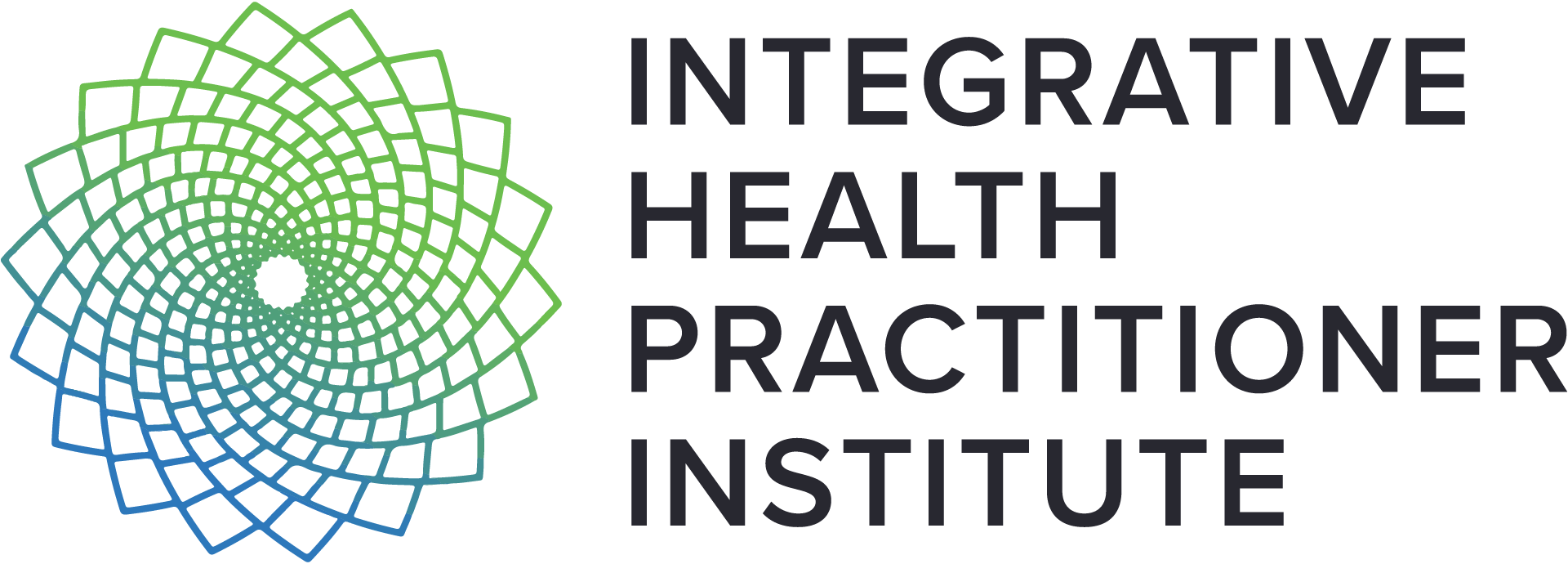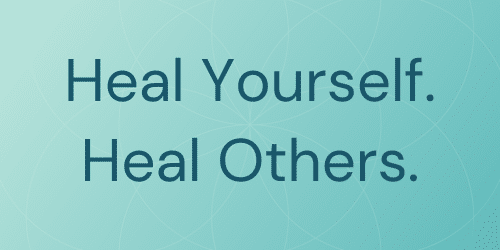“Preventative health screenings empower you to take control of your health by catching potential problems early—before they become serious.”
Taking charge of your health starts with prevention. Preventative health screenings are essential tools that help identify potential health problems before they turn into serious issues. By catching diseases early or spotting risk factors, these screenings give you a better chance to stay healthy and live longer. However, not all screenings are created equal, and knowing which ones to prioritize can make a big difference.
Below, we explore the key health screenings every man should consider at various stages of life. Each section explains why the screening matters and when you should get it done.

1. Blood Pressure Screening: The Silent Threat
High blood pressure, often called the “silent killer,” rarely causes noticeable symptoms but can quietly damage your heart, arteries, kidneys, and brain over time. Left unchecked, it significantly raises your risk for heart attacks and strokes.
Therefore, it is recommended that men over 18 have their blood pressure checked at least once every two years. If you have risk factors like a family history of hypertension, obesity, or smoking, your doctor may suggest more frequent monitoring. Early detection allows you to make lifestyle changes that can prevent long-term damage.
2. Cholesterol Check: Guarding Your Heart
Cholesterol is a fat-like substance found in your blood. While your body needs some cholesterol to function, high levels of LDL (“bad cholesterol”) can clog arteries, increasing the risk of heart disease and stroke.
Men should begin regular cholesterol screening around age 20, with checks every four to six years if results are normal. If you have a family history of heart disease, diabetes, or other risk factors, your doctor may recommend more frequent testing. Managing cholesterol through diet and exercise can drastically reduce cardiovascular risk.
3. Diabetes Screening: Detecting the Invisible Condition

Diabetes often develops slowly and can remain unnoticed for years. High blood sugar levels cause damage to your nerves, eyes, kidneys, and heart, leading to serious complications.
For men without symptoms, screening typically begins at age 35. However, if you are overweight, physically inactive, or have a family history of diabetes, your doctor might suggest testing earlier. Early detection through blood tests like fasting glucose or HbA1c allows timely intervention through diet and lifestyle changes.
4. Prostate Cancer Screening: Early Detection Saves Lives
Prostate cancer is one of the most common cancers among men, especially after age 50. Though it may grow slowly, detecting it early can improve treatment outcomes and survival rates.
Men should discuss the benefits and risks of prostate-specific antigen (PSA) testing with their healthcare provider starting at age 50. Those with a family history of prostate cancer or who are African American may need to begin screening earlier. Making an informed decision about screening helps balance early detection with avoiding unnecessary procedures.
5. Colon Cancer Screening: Your First Line of Defense
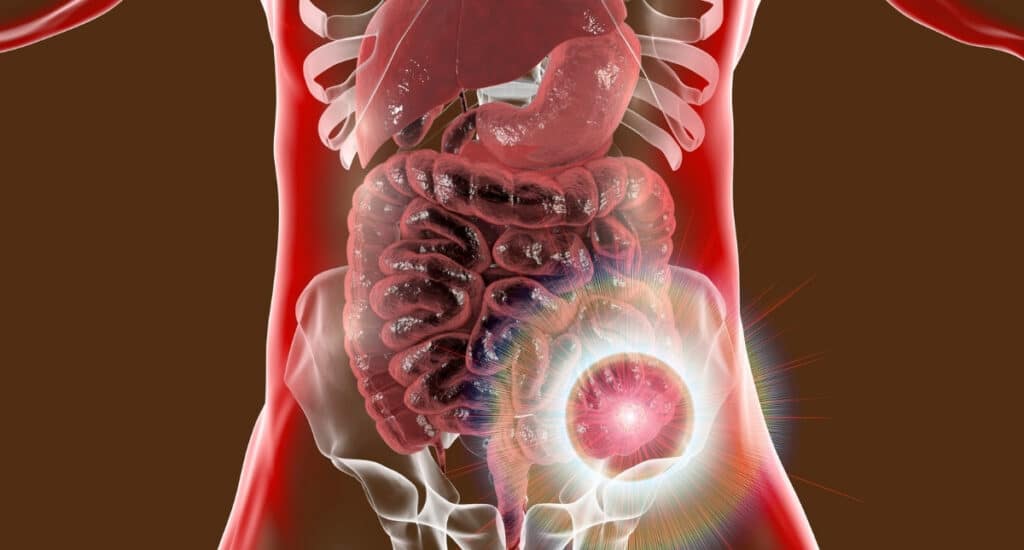
Colon cancer is both preventable and highly treatable when caught early. Screening can detect precancerous polyps that can be removed before they turn into cancer.
Men should start colon cancer screening at age 45, using methods such as colonoscopy, stool-based tests, or full-body MRIs. Depending on your personal and family history, your doctor might recommend starting earlier or repeating screenings more often. Regular screening significantly reduces the risk of advanced colon cancer.
6. Skin Cancer Check: Protect Your Largest Organ
Men have a higher risk of developing melanoma, the deadliest form of skin cancer. Exposure to UV rays from the sun or tanning beds increases this risk.
An annual full-body skin exam by a dermatologist is recommended, especially if you have fair skin, a history of sunburns, or numerous moles. Additionally, performing monthly self-checks at home can help you spot suspicious changes early. Early treatment of skin cancer often leads to excellent outcomes.
7. Eye Exams: Preserving Your Vision
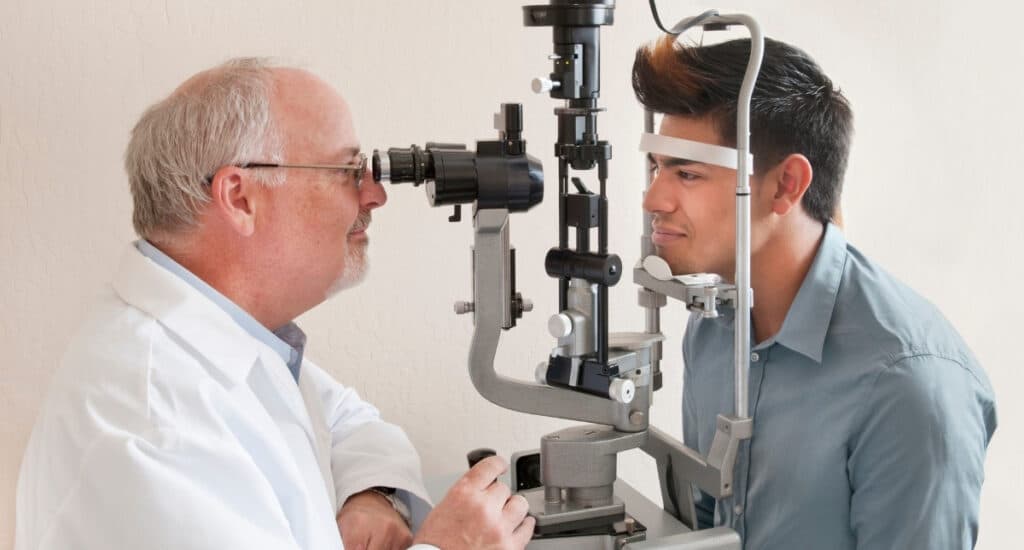
As men age, vision problems such as glaucoma, cataracts, and macular degeneration become more common. Many eye conditions develop slowly and can cause irreversible damage if not addressed promptly.
Routine eye exams every 2 to 4 years are advised for men under 50 with no symptoms. After age 50, annual eye exams become important to detect early signs of disease. Eye health screenings help maintain good vision and quality of life.
8. Mental Health Screening: Don’t Overlook Your Mind
Mental health is equally important as physical health. Conditions like depression, anxiety, and stress often go unnoticed but can severely impact your well-being.
Regularly discussing your mental health with your doctor can help identify symptoms early. If you experience persistent sadness, anxiety, or changes in mood, seeking professional help and searching for the underlying root cause is crucial. Early intervention with counseling or therapy leads to better outcomes.
9. Non-Contrast Full-Body MRI Scan: Life-Saving Early Detection
A non-contrast full-body MRI scan is a powerful tool for detecting potential health concerns before symptoms arise. This radiation-free imaging technique provides a detailed view of your internal organs, muscles, and tissues, allowing early identification of abnormalities like tumors, cysts, or inflammation.
It’s especially valuable for individuals with a family history of certain cancers or chronic conditions. While not a replacement for targeted screenings, it offers a broader perspective on your overall health.
10. Lifeline Screening: Benefits for Your Body and Mind
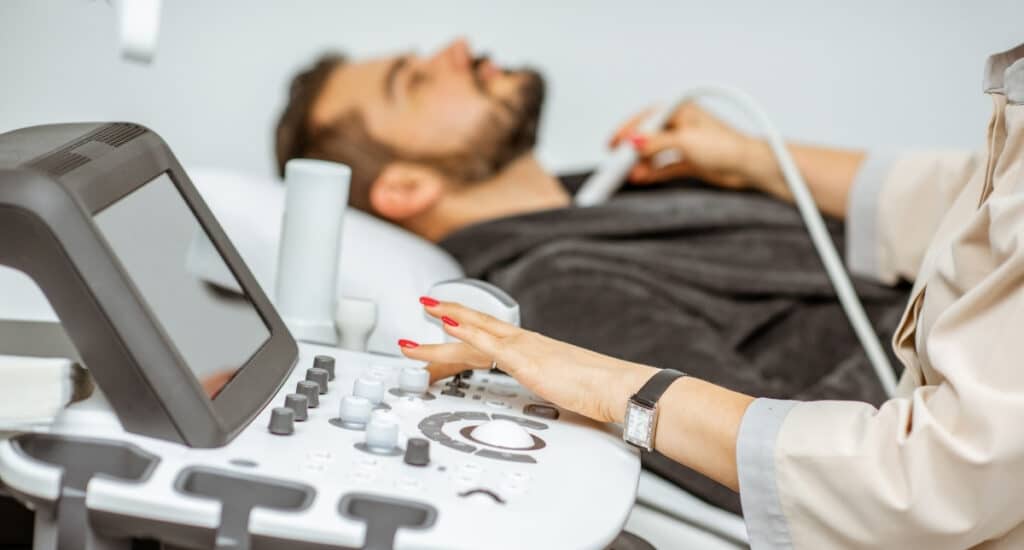
Life Line Screening offers convenient, affordable, and non-invasive health screenings designed to detect potential health issues before symptoms arise. Their comprehensive packages assess risks for conditions such as stroke, heart disease, diabetes, and more, providing you with valuable insights into your health status. With over 10 million screenings conducted since 1993, Life Line Screening empowers individuals to take control of their health through early detection and preventive care.
Why These Preventative Health Screenings Matter
In the end, preventative health screenings are about being proactive, not reactive. They empower you to take control of your health and catch potential problems before they become life-threatening. By making screenings part of your routine healthcare, you reduce risks, improve outcomes, and ultimately enjoy a better quality of life.
Remember, prevention is the best medicine — so don’t wait until symptoms appear. Your health is in your hands—stay one step ahead by making preventative care part of your natural wellness routine.
Learn Why Nurse Practitioners are Embracing IHP Health Coaching Certification in our last blog HERE!
